Though bachelors be the strongest stakes, married men are the best binders, in the hedge of the commonwealth

Though bachelors be the strongest stakes, married men are the best binders, in the hedge of the commonwealth
Thomas Fuller, a 17th-century English churchman and historian, was known for his witty and insightful observations on society and human nature. One of his most famous quotes is, "Though bachelors be the strongest stakes, married men are the best binders, in the hedge of the commonwealth." This quote speaks to the idea that while single individuals may be strong and independent, it is those who are married and committed to building a family and community who truly contribute to the strength and stability of society.Fuller's quote suggests that bachelors, or single individuals, may be strong and capable on their own, like sturdy stakes in a fence. However, it is the married men, or those who have made a commitment to a partner and family, who are the true binders that hold society together. In the context of the commonwealth, or the community as a whole, it is the institution of marriage and family that provides the foundation for a stable and cohesive society.
Married men, according to Fuller, are the best binders because they have a vested interest in the well-being of their families and communities. They are more likely to be invested in the long-term success and prosperity of society, as they are responsible for not only their own well-being but also that of their spouses and children. This sense of responsibility and commitment to others is what makes married men such valuable members of the community.
Fuller's quote also speaks to the idea that marriage is a social institution that plays a crucial role in maintaining order and stability in society. By forming families and building strong relationships with others, individuals create a network of support and connection that strengthens the fabric of the community. Married men, in particular, are seen as key players in this process, as they are often seen as the leaders and providers within their families.
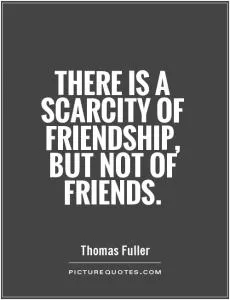
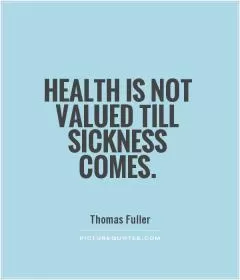

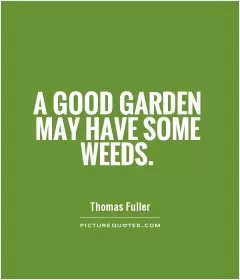

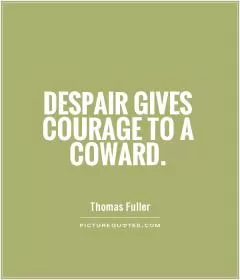



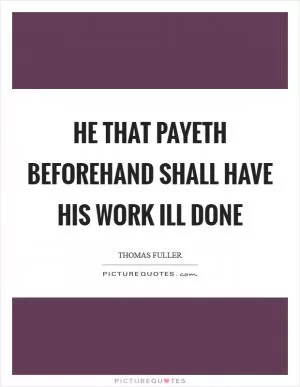
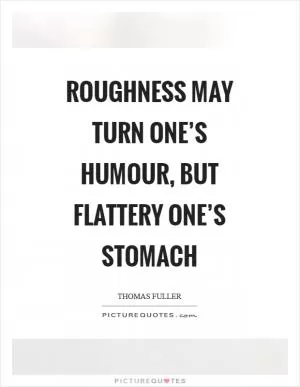
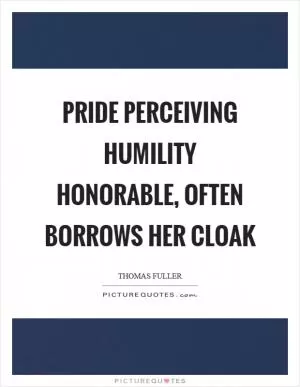
 Friendship Quotes
Friendship Quotes Love Quotes
Love Quotes Life Quotes
Life Quotes Funny Quotes
Funny Quotes Motivational Quotes
Motivational Quotes Inspirational Quotes
Inspirational Quotes